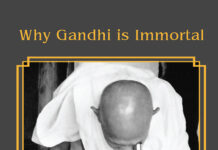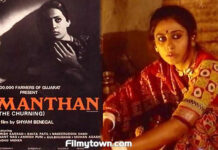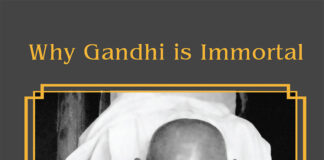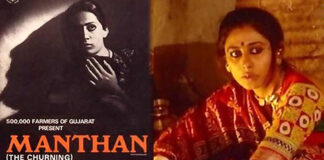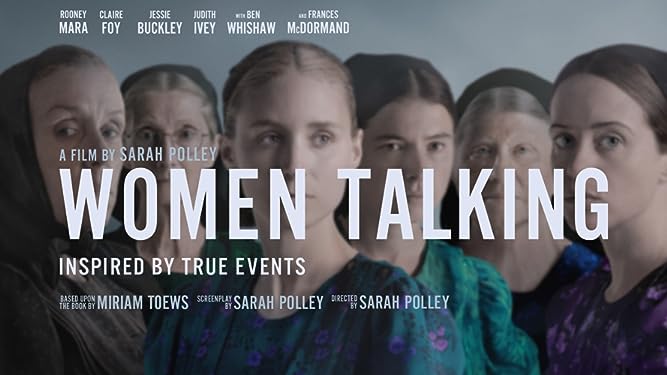
The Aftermath of Sexual Violence – Two Books and a Film
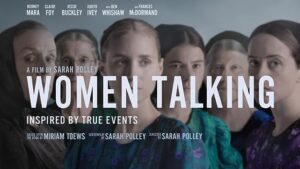
It is a coincidence that the two books I read recently and a film I watched on the OTT Prime Amazon all revolve around the common theme of sexual violence. The three are set in different societies, Mexico, India and the US, but all three explore the horror of rape and the implications for individual choice and action.

Fernanda Melchor’s Hurricane Season (tr. Sophie Hughes, Fitzcarraldo Editions, 2020) was difficult to read not only because of it uses hard hitting, raw language which captures the physical violence in language but because there is no relief from the violence and pain. Melchor’s book starts with the discovery of the body of a transgender recluse called ‘the Witch’ in an irrigation canal and then, in a non-linear manner, recreates the lives and motives of people who were involved in the murder. In the process we meet the outcastes of a terribly ravaged society – drug addicts, prostitutes, thieves, sexual predators, dead babies, freaks, brutes. The only relationship that shows any semblance of love or compassion is between Luismi a gay, impoverished, drug addict a and Norma a teenage girl who is impregnated by her stepfather. Luismi’s mother goads Norma to terminate the pregnancy and takes her to the Witch who gives her noxious potion which leads to miscarriage. Luismi’s rage is exploited by a shady, bisexual character Brando leading to the murder and a brutal incarceration. The murder of the Witch takes place in a larger context where, the rapidly transforming Mexican society, every human institution seems to be broken. Melchor provides insights in four institutions that fail to provide either justice or succor – the brutal, corrupt and self-seeking police, the morally corrupt hospital and social service departments, the ineffective demotivated church, and the dysfunctional, predatory family. The individual is alienated from birth to death and there is practically no healthy, humane transaction. The atmosphere is hot, stifling and even when the rain arrives, it is not a cooling shower but the onset of ‘hurricane season’ in which the dead are to be hurriedly buried in a mass grave. Right to the end, the novel does not offer any redemption or healing whatsoever leaving the reader feeling the full force of devastation and horror that is humanity’s collective fate in a dehumanised world.

In Anupama Mohan’s Where Mayflies Live Forever (Picador, 2023) there is a sliver of hope and healing offered by Nature. Here Veni is brutally gangraped and left to die but she survives because of her inner strength and the knowledge of Siddha passed on to her by her grandmother. The systems fail to provide her justice, allowing the perpetrators to go scot-free. In a terrible act of revenge Veni slices of the head of the rapist and carries it through the marketplace. She shaves off her beautiful hair and then vanishes leaving the police to conduct a hunt. Veni’s journey continues away from the everyday world, in the cradle of unsullied doline environment of intense beauty. She connects organically with every element of nature and slowly heals through transformation. Her journey of healing is conducted alone and through a spiritual reconnection with life-sustaining, natural wilderness. The book raises the important questions – whether healing is possible without justice, whether justice, in this case, is possible without inflicting some form of violence on the perpetrator and whether such retributive violence , even capital punishment, is required to stop the perpetrator from inflicting further harm, creating more victims?

The recent film Women Talking (dir./writer Sarah Polley, orig.book Miriam Toews) begins with the discovery by women that men in their community have used cattle tranquilizers to render them unconscious and attack, rape and impregnate them. The film is set in a pre-modern, agricultural and faith-based society of American Mennonites who maintain very tenuous links with modern society. The rapist is arrest and the men leave to arrange for bail. The two men who are left behind are August who represents the male feminist, a quiet man with thoughtful, gentle demeanour, he is the opposite of toxic masculinity. The other is Melvin – a transgender man who is silent except when he talks to small children. The women meet in a hayloft to debate what they should do – forgive the men and stay, leave or stay and fight. It is a fascinating film that shows how at the end of an intense discussion, the women decide to leave. They decide to rebuild another world for themselves where their children would be safe, where they would be follow their faith and where they would be free to think. The take with them the male children upto fifteen years of age and the rest they leave behind with a request to August, the teacher, to teach the boys how to live a life without hurting others. August is a fascinating character who writes down the minutes of the women’s meetings and offers insight in adolescent masculinity when asked to do so. He is in love with one of the women, Ona and teaches her how to navigate directions using the fist held out against the night sky. One wonders at the end of the film how the men would react after returning from the town to find that all the women have left! There is no one they can take for granted, no one to cook, clean and care for them, and certainly no one to bear their abuse and forgive them. The women decide not to stay and fight because their faith tells them to be pacifists, not confrontationists, but their silent and gentle going away is its own form of rebuke and punishment.
- Paromita Goswami
- You can also read my review of Where Mayflies Live Forever in Kitaab International https://kitaab.org/2023/09/01/book-review-where-mayflies-live-forever/
